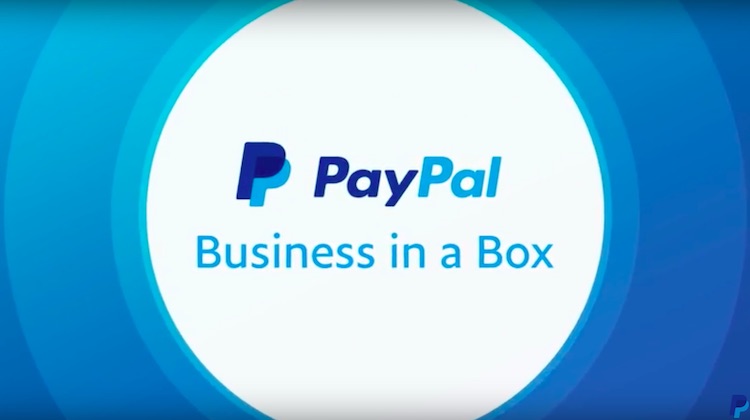Payments
Is PayPal the U.S. answer to Alipay?
- PayPal is starting to look like Alipay, which has united merchants, consumers and small businesses with its data-based products
- Beyond merchants and consumers, PayPal has also made bigger moves to reach the underbanked and small businesses, which will bring even more useful data








